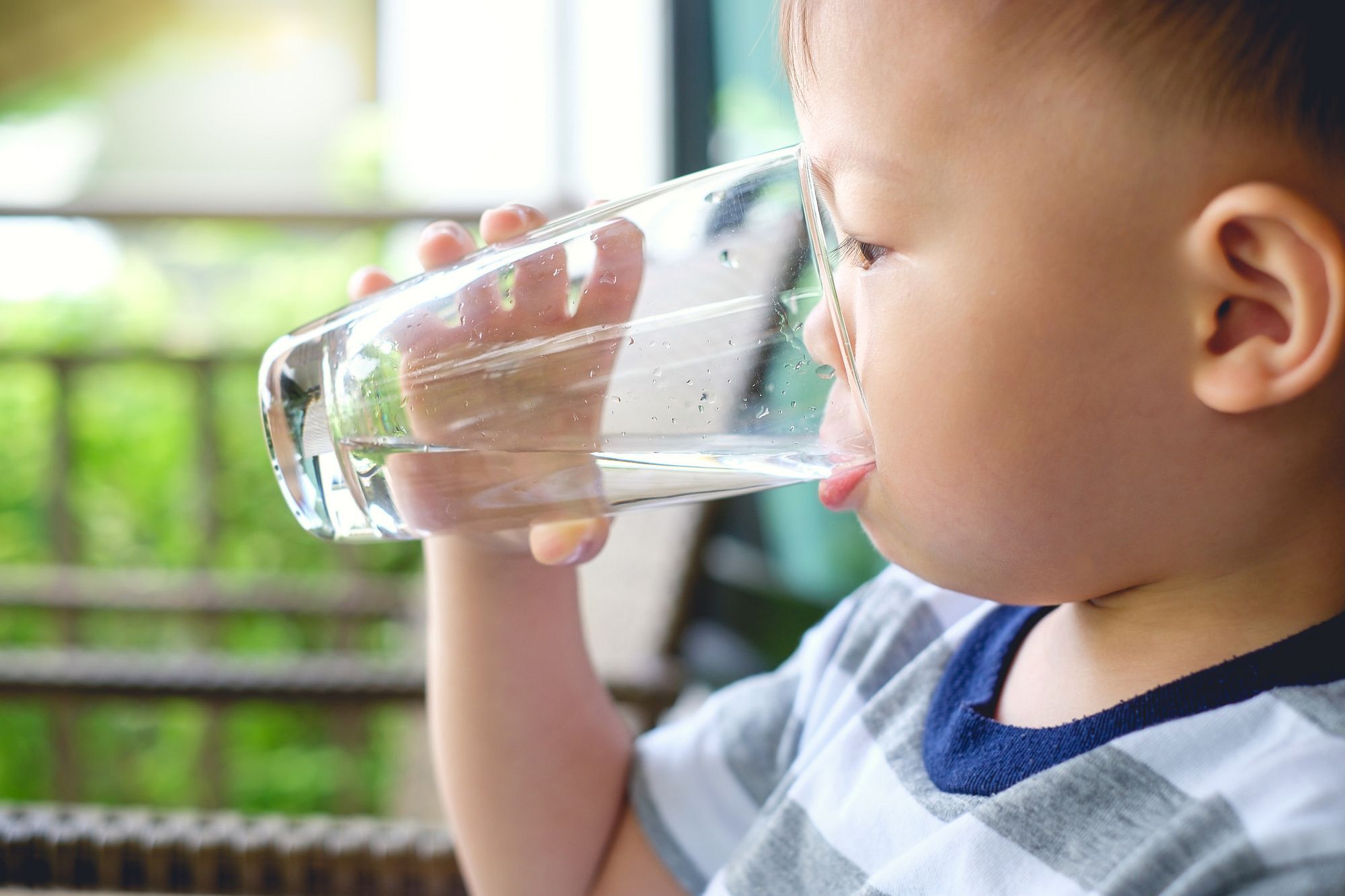Water and Wastewater Standards

Our expertise in writing standards and testing and certifying products for drinking water, plastic piping systems, recreational water and wastewater is unmatched. Standards and protocols can provide credibility and industry acceptance for new products or emerging technologies.
Drinking Water Systems Standards and Protocols
NSF led the development of American National Standards for all materials and products that treat or come in contact with drinking water, such as plumbing components, water treatment chemicals and drinking water filters, as well as pool and spa equipment to help protect public health and minimize adverse health effects.
Standards and protocols can provide credibility and industry acceptance for new products or emerging technologies.
NSF/ANSI/CAN 60: Water Treatment Chemicals
NSF/ANSI/CAN 60 covers corrosion and scale control chemicals; pH adjustment, softening, precipitation and sequestering chemicals; coagulation and flocculation chemicals; well-drilling products; disinfection and oxidation chemicals; and miscellaneous and specialty chemicals for the treatment of drinking water. The standard addresses the health effects implications of treatment chemicals and related impurities.
NSF/ANSI/CAN 61: Drinking Water System Components
NSF/ANSI/CAN 61 sets health effects criteria for many water system products, components and materials. NSF/ANSI/CAN 61 addresses crucial aspects of drinking water system components such as whether contaminants that leach or migrate from the product/material into the drinking water are above acceptable levels in finished waters.
Residential Drinking Water Treatment Standards
NSF developed its first drinking water treatment standard in 1973. Today, we test to eight point-of-use/point-of-entry (POU/POE) drinking water treatment standards and have certified thousands of systems and components.
NSF/ANSI/CAN 372: Drinking Water System Components
NSF/ANSI/CAN 372: Drinking Water System Components — Lead Content verifies the lead content of drinking water products meets levels determined by the Safe Drinking Water Act. Products certified to NSF/ANSI/CAN 372 demonstrate compliance with lead content requirements only, while products certified to NSF/ANSI 61 Annex G demonstrate compliance with both lead content and lead leaching requirements.
Plastic Piping Systems Standards
NSF/ANSI 14: Plastic Pipes and Fittings
NSF/ANSI 14 sets minimum physical, performance, health effects, quality assurance, marking and recordkeeping requirements for plastic piping components and related materials. NSF/ANSI 14 establishes product testing, long-term strength and quality control requirements that are key to ensuring product performance in the field.
NSF/ANSI 358-1: Pipe and Fittings for Geothermal Systems
NSF/ANSI 358-1: Polyethylene Pipe and Fittings for Water-Based Ground-Source “Geothermal” Heat Pump Systems determines the minimum physical and performance requirements for plastic system components. NSF/ANSI 358-1 establishes product testing, long-term strength and quality control requirements that are key to ensuring product performance in the field.
Pool, Spa and Recreational Water Standards
NSF/ANSI/CAN 50: Pools, Spas and Hot Tubs
NSF/ANSI/CAN 50: Equipment for Pools, Spas, Hot Tubs and Other Recreational Water Facilities was developed by a committee of experts comprised of manufacturers, public health officials and users. No other standard in the world has such complete evaluation and testing criteria.
NSF/ANSI/CAN 50 specifies requirements for the material health effects, corrosion resistance, performance, disinfection efficacy, durability testing, design and construction, marking and user instructions for many types of equipment used at a water-park, pool or spa equipment and components. The standard covers every form of pool and spa, public and private, and every component, from pumps and chemicals to suction fittings and water test devices. Equally important, NSF/ANSI/CAN Standard 50 is in a constant state of evolution, incorporating the latest product and material test methods and regulations.
Wastewater Standards
NSF/ANSI 40: Residential Wastewater Treatment Systems
NSF/ANSI 40 is a standard for residential wastewater treatment systems with rated capacities between 400 and 1,500 gallons (1,514 and 5,678 liters) per day.
NSF/ANSI 41: Non-Liquid Saturated Treatment Systems
NSF/ANSI Standard 41 certifies composting toilets and similar treatment systems that do not use a liquid saturated media as a primary means of storing or treating wastes.
NSF/ANSI 46: Water Treatment System Components
NSF/ANSI 46: Evaluation of Components and Devices Used in Wastewater Treatment Systems evaluates the performance of wastewater treatment system components and devices such as grinder pumps, septic tank effluent filters, chlorination devices and UV disinfection devices.
NSF/ANSI 245: Nitrogen Reduction
NSF/ANSI 245: Wastewater Treatment Systems - Nitrogen Reduction defines total nitrogen reduction requirements for residential wastewater treatment systems with rated capacities between 400 and 1,500 gallons (1,514 and 5,678 liters) per day.
NSF/ANSI 240: Drainfield Product Trench Sizing
NSF/ANSI 240: Drainfield Trench Product Sizing for Gravity Dispersal Onsite Wastewater Treatment and Dispersal Systems establishes minimum material, design, construction and performance requirements to evaluate dispersal drainfield products used as alternatives to traditional stone or gravel trenches.
NSF/ANSI 360: Field Performance Verification
NSF/ANSI 360: Wastewater Treatment Systems - Field Performance Verification establishes consistent site selection, sampling, laboratory analysis and data evaluation methods for obtaining field performance results for onsite wastewater treatment systems.
Wastewater Protocols
NSF has developed several wastewater protocols containing customized testing criteria for validating performance and product claims. NSF wastewater protocols pertain to tissues in septic systems, incinerating toilets, solid/liquid separators and sewage sludge sterilization.
NSF P150: Tissues in Septic Systems
Protocol P150 evaluates the impact and fate of a tissue product entering a septic system. Tissues meeting the requirements of this protocol will not substantially increase sludge or scum accumulation, or substantially increase the loading of organic material and solids to the soil drain field.
NSF P157: Incinerating Toilets
NSF P157 evaluates the health and sanitation characteristics of electrical incinerating devices designed to combust toilet waste. It specifies minimum requirements for materials, design, construction, performance and cleanability.
NSF P353: Sewage Sludge Sterilization
NSF P353 establishes requirements for organically-enhanced granular fertilizer manufacturers that use sewage sludge as a replacement for water. Certification verifies that the granular fertilizer product is free of pathogens, is noncombustible and meets the pathogen reduction and metals concentration requirements for Class A conditioned sewage sludge and PFRP requirements of the 40 CFR Part 503 rule.
NSF Online Workspace
Seeking Experts
Resources
News and Events
Share this Article
How NSF Can Help You
Get in touch to find out how we can help you and your business thrive.




